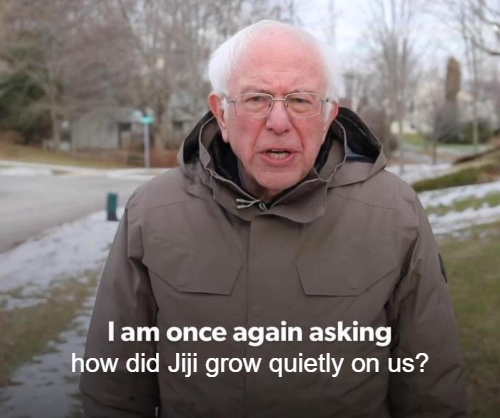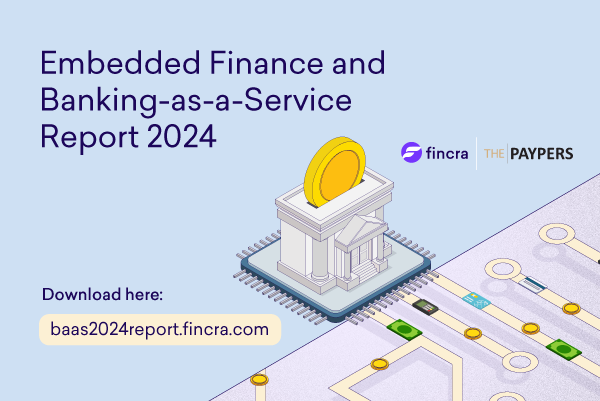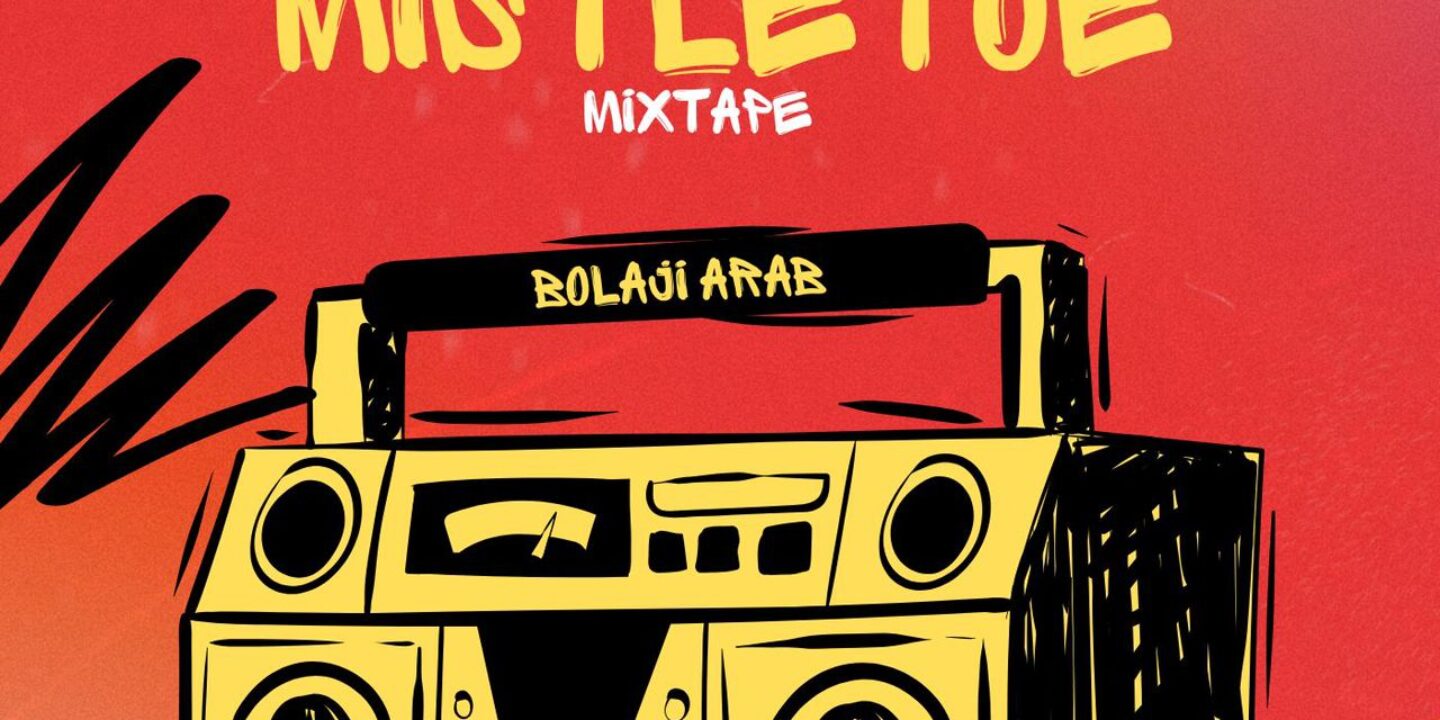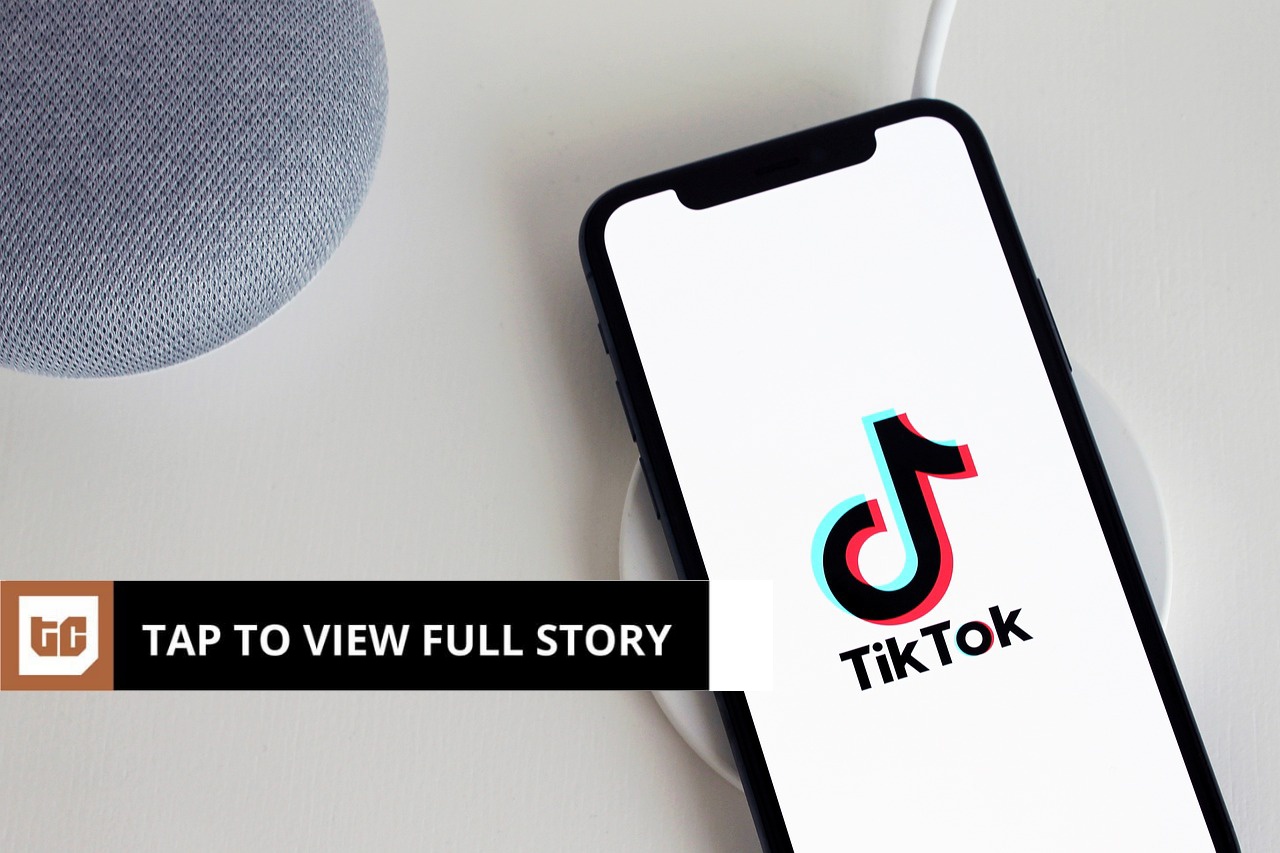In today’s edition: Inside Jiji’s playbook for gaining market dominance || Inside Nigeria’s tech ecosystem expansion || Kenya cancels $2.6 billion Adani deals after US indictment || Funding Tracker



TGIF!
WhatsApp is offering some respite to people who cannot stand long voice notes. The social media company announced yesterday that it is rolling out voice message transcripts.
To access the new feature, select the “Chats” section in your WhatsApp settings and then tap “Voice Message Transcripts.”
Once you’ve set it up, you can get a transcript for a voice message by long-pressing it and tapping the “Transcribe” option. It will not automatically transcribe every message.
What’s more, you can select your transcript language from the languages supported by your phone. How cool is that?

E-commerce
Inside Jiji’s playbook for gaining market dominance

If you ask an American to sell something fast, they’ll list the item on eBay. For many Nigerians, that option is Jiji. The marketplace, which allows users to buy and sell across 16 different categories, has over 6 million listings with at least 21 million users monthly, according to its CEO and co-founder Anton Volianskyi.
Before Jiji became the top choice for quick sales, it was the media-scorned child of the e-commerce sector for the longest time, especially during the heightened face-off between Konga and Jumia in 2020.
Its uphill climb could be because it launched two years behind e-commerce behemoths like Jumia and Konga, but most users avoided Jiji for its fake listings and scams.
Now, 10 years later, Jiji has beaten its competitors, including Naspers-owned OLX which it acquired in 2019.
In an interview with TechCabal, Volianskyi discussed how the company scaled to success through acquisitions and cost-effective marketing.
To deal with the fraud, it invested heavily in rigorous ad moderation, an anti-scam system that uses AI technology and human moderation to detect and remove fraudulent listings and verified badges for sellers. Reducing fraud was just step one for a company that at the time, its reputation preceded it.
While the media’s focus was still on Konga and Jumia, Volianskyi and his team went on to gain market dominance in Nigeria and soon started to gun for regional dominance in Africa.
Find out what the media missed in Jiji’s climb to e-commerce success.
Read Moniepoint’s Case Study on Funding Women

After losing their mother, Azeezat and her siblings struggled to keep Olaiya Foods afloat. Now, with Moniepoint, they’re transforming Nigeria’s local buka scene. Click here for a deep dive into how Moniepoint is helping her and other women entrepreneurs overcome their funding challenges.
Startups
Inside Nigeria’s tech ecosystem expansion

On Thursday, TechCabal published a report by TLP Advisory, a Nigerian venture law firm, that generated significant online discourse.
Per the report, 49% of Nigerian startups—venture companies that have raised one form of funding or another—founded within the last ten years make less than ₦10 million ($6,000) in annual revenue. It’s critical to note, however, that two-thirds of these startups were founded between 2019–2023.
Online reactions that trailed the story argued the report’s methodology and veracity.
“This is very hard to believe. Less than ₦10 million? It’s hard to believe,” wrote one user on X. This captured most of the reactions to this report.
Yet, while many startups are focused on rapid growth, it’s important to consider that sustainable profitability, even with lower yields, can be more valuable than high-revenue models with excessive spending.
Running a tight ship in the Nigerian market is challenging. Think the lack of growth capital, currency devaluation, macros, government policies, customer erratic behaviour, talent churn, and sometimes, simply neglect.
Businesses that prioritise lower cash burn and cut costs could be winners. Yet, can Nigerian startups outcut the macros?
The report also showed that half of the startups without partnerships or collaborations struggled with profitability. Partnerships and mergers and acquisitions (M&As) are another crucial aspect of Nigeria’s startup market. They are signs of a maturing tech ecosystem.
One recent example is OmniRetail acquiring Traction Apps, a Nigerian payments provider. What started as a partnership became a deal that could help both companies grow. This has been received positively, showing the country’s readiness for this kind of maturity.
In Nigeria, there have been 26 local M&As (with one pending) since 2019. With more partnerships, the country’s tech ecosystem can unlock more growth opportunities.
Get Fincra’s Embedded Finance and BaaS Report 2024 for FREE

Fincra in collaboration with The Paypers have released the Embedded Finance and Banking-as-a-Service Report 2024. This report examines the key challenges and innovative solutions defining the future of seamless cross-border payments and remittances across the continent, among other topics, with key experts.
Economy
Kenya cancels $2.6 billion Adani deals after US indictment

Opposition groups to Adani’s airport and power transmission deal in Kenya can finally have some respite.
On Thursday, US prosecutors charged Gautam Adani, chairman of the Adani group, with helping drive a $250 million bribery scheme. The indictment left President Ruto with no choice but to scrap plans to award the Adani group a $2.6 billion power and airport project.
Both projects—especially the airport project—have been strongly opposed in Kenya. Critics claim they were unaffordable, threatened job losses, and offered no value for money to the taxpayer.
The airport project, for example, which will see Adani manage Nairobi’s biggest airport, JKIA, came with a controversial 30-year clause that stops Kenya from building or expanding other competing airports for 30 years.
Aviation workers at the JKIA airport began a strike in September over that proposal, protesting the deal and disrupting flights. The Kenyan Human Rights Commission (KHRC) and the Law Society of Kenya (LSK) also filed a suit at a Kenyan high court, arguing that the 30-year concession was irrational. In its defence, the Kenyan government believed the deal was the best option to expand JKIA amid a starved development budget.
Gautam Adani’s indictment and President Ruto’s annulment of the deals leave the Kenyan government, which has struggled to fill its budget deficit, with more holes to plug.
Although Adani has denied any wrongdoing, US prosecutors claim he promised to pay more than $250 million in bribes to Indian government officials to secure solar energy contracts. News of the indictment wiped nearly $30 billion off Adani Group’s market value. The indictment also removed $15 million from the Indian businessman’s wealth.
Introducing Paystack transfers in Kenya 
What's Your Reaction?




















